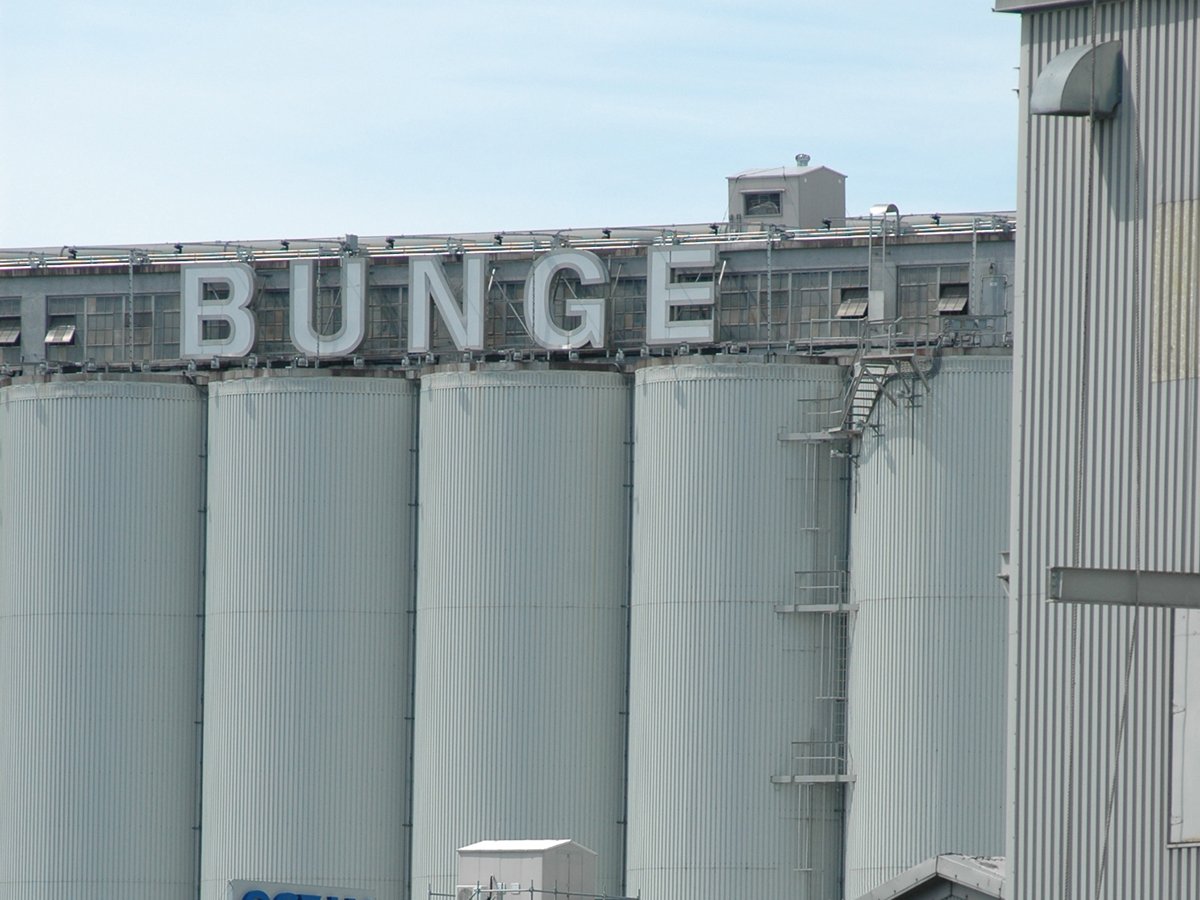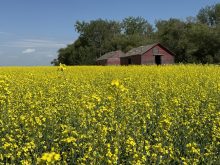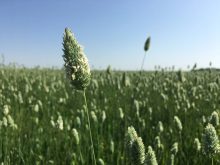Producers ask for the crop to be included under the Canada Grains Act, making it eligible for grain commission licensing
Canaryseed may still be a relatively minor special crop in Western Canada, but the grain is one step closer to gaining official status.
Producers at the Canary Seed Development Commission of Saskatchewan’s Jan. 13 annual general meeting voted in favour of formally requesting the crop’s inclusion under the Canada Grains Act.
The proposed regulatory change is not to the act itself but would bring canaryseed under the licensing and bonding provisions of the Canadian Grain Commission, said Kevin Hursh, the canaryseed commission’s executive director.
Read Also

Bunge’s crop mix is changing
Bunge has predominantly been a soybean processing firm, but that’s about to change after the merger with Viterra with softseed processing and grain merchandising gaining ground.
The consultation process could take up to a year once the request is formally made.
Hursh said some canaryseed producers were wary of having the crop fall under a grading system like other CGC licensed commodities because it has never traded that way in the past. However, he added that buyers will continue to able to buy on any specifications they want, while farmers will benefit from added protection provided by the CGC bonding.
Producers have raised the issue of covering canaryseed through the CGC in the past, but there was never a clear consensus on the issue. However, the bankruptcy of Saskatchewan pulse and canaryseed buyer Ilta Grain Inc. in July led to the issue being revisited now.
While pulse farmers were able to recoup much of their losses from unpaid deliveries through the the grain commission’s Safeguards for Grain Farmers Program, Hursh said 44 canaryseed growers were left uncompensated.
“There’s no reason why canaryseed shouldn’t have the same protection as other crops,” said Hursh.
There may be some increased costs with the move, but most of the companies dealing with canaryseed are already licensed and bonded through dealing with other crops. Hursh said there were concerns about the possibility of lower prices, but he didn’t expect to see any measurable effect.
Canaryseed bids rose to their best levels in 10 years at harvest time this past fall and remained near that 30 cents per pound level in mid-January. Hursh expected that those solid old crop prices could encourage more acres in 2020 but added that new crop pricing is still not widely available.
Canadian farmers seeded 243,400 acres of canaryseed in 2019 and grew a 124,700 tonne crop, according to Statistics Canada data. The acreage base was down slightly from the previous year, while total production marked the smallest canaryseed crop since 2001 after an adverse harvest season.
















